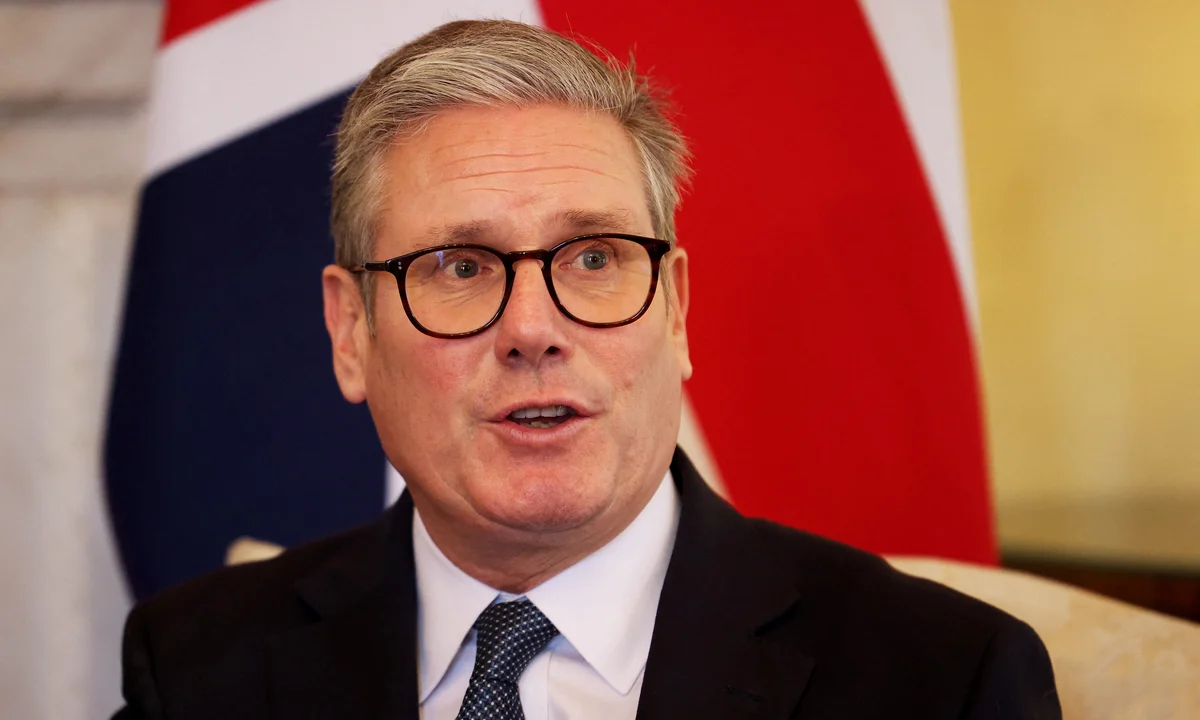Labour leader Keir Starmer has laid out plans to reshape Britain’s defence policy, pledging to spend billions to make the UK “war-ready” in response to what he describes as a “new era of threat.” As geopolitical tensions intensify and global security becomes increasingly unpredictable, Starmer is positioning national defence as a top-tier issue in Labour’s broader political strategy.
A Shift in Labour’s Defence Approach
For years, Labour has faced criticism over its stance on defence. Now, Starmer is looking to change that perception, committing to a renewed military posture that reflects the times. In a speech delivered ahead of the general election, he emphasised that defence spending is no longer a peacetime luxury—it’s a necessity.
Under a Labour government, Starmer plans to increase defence spending gradually toward 2.5% of GDP. The emphasis is clear: Britain must be prepared not just for today’s threats, but for tomorrow’s unknowns.
What ‘War-Ready’ Really Means
So, what does it mean to make Britain “war-ready”? According to Starmer, it’s not about warmongering—it’s about readiness, resilience, and responsibility. The plan includes investment in cutting-edge military technology, such as drone systems, cyber defence capabilities, and next-generation aircraft. He also highlighted a need to modernise the armed forces, boost recruitment, and support veterans.
Labour’s proposal includes rebuilding domestic defence manufacturing, reducing reliance on foreign suppliers, and tightening up defence procurement to ensure value for money. The billions pledged aren’t just for headline appeal—they’re aimed at making Britain’s military infrastructure fit for modern conflict.
A Response to a New Era of Threat
The term “new era of threat” isn’t just political theatre. From Russia’s aggression in Ukraine to cyberattacks and the rise of artificial intelligence in warfare, global dynamics are changing fast. Starmer’s focus on making Britain war-ready reflects a growing consensus that the UK can no longer rely on outdated assumptions of peace and stability.
He argues that the government must act now to prevent being caught off guard. The shift is as much about deterrence as it is about actual combat readiness.
Political Calculations and Public Opinion
Starmer’s tough stance on defence spending may also be an attempt to close perceived gaps between Labour and the Conservatives on national security. With public trust in defence policy wavering and the world looking increasingly unstable, the war-ready pledge could resonate with voters looking for leadership in uncertain times.
Final Thoughts
Starmer’s promise to spend billions to make Britain war-ready signals a major pivot in Labour’s defence posture. Whether it’s about safeguarding national interests, projecting strength, or appealing to a concerned electorate, the message is clear: in an unpredictable world, readiness is not optional.



